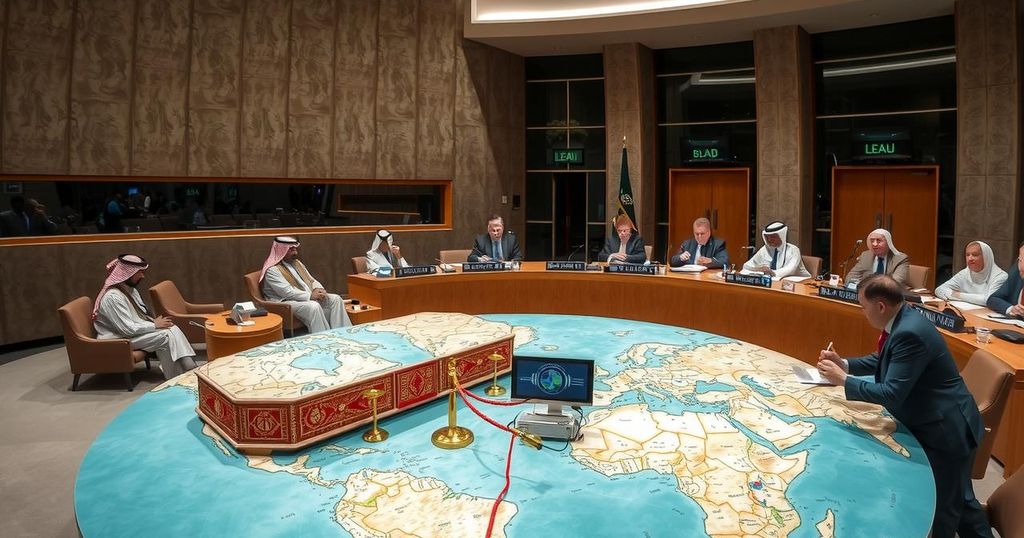Failure of Saudi-Hosted UN Talks to Resolve Global Drought Challenges
The COP16 talks in Saudi Arabia culminated in no agreements on tackling global drought. While significant groundwork was laid for a future drought regime by 2026, the divide between developed and developing nations hampered progress. Representatives from African nations expressed disappointment at the lack of binding outcomes, and the UN reported significant projected impacts of droughts on the global population.
Recent United Nations talks held in Riyadh, Saudi Arabia, aimed at addressing the growing global challenge of drought have concluded without a conclusive agreement. The COP16 negotiations, attended by representatives from 196 countries and the European Union, highlighted an urgent need for a more coordinated international response to drought. The lack of binding commitments, particularly from developed nations, has left many developing countries feeling undervalued and unprotected against the dire impacts of drought exacerbated by climate change.
The discussions stem from a wide array of previous failures in global climate negotiations, including those related to biodiversity and climate finance. Droughts are increasingly seen as a pressing issue, possibly affecting 75 percent of the global population by 2050. Despite recognition of the severity of the situation, the division between developing and developed nations remains a significant barrier to forming effective agreements on drought management and response protocols.
The inability to reach a binding international agreement on drought during COP16 reflects the broader challenges of global climate negotiations, particularly the divide between wealthy and developing nations. Expectations are now set for the completion of a global drought framework at COP17 in Mongolia in 2026. As droughts continue to cost the world over $300 billion annually, the urgency for cooperation and actionable commitments remains critical.
Original Source: www.aljazeera.com




Post Comment